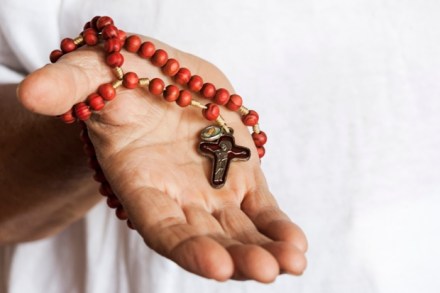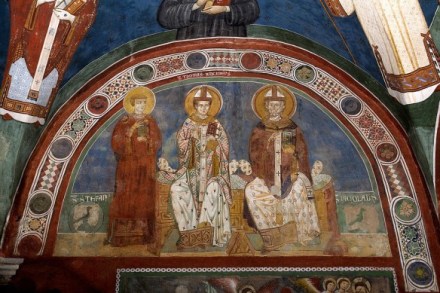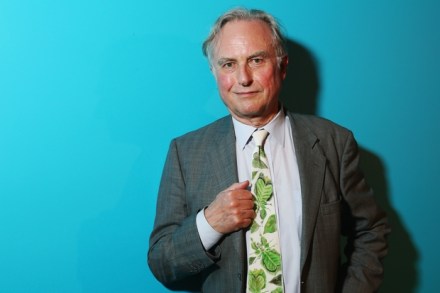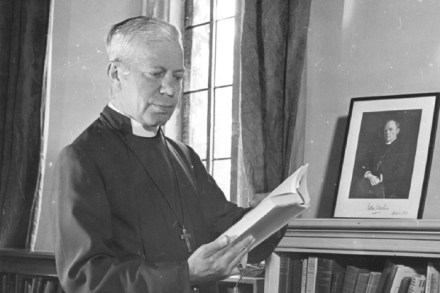Brexit, Trump and the pious rage of the liberal clergy
Here are some statistics you’re unlikely to hear on Thought for the Day. Churchgoers in America backed Trump by 56 to 42 per cent – while six out of ten British Christians backed Brexit. Now, clearly these aren’t identical constituencies: I didn’t spot much enthusiasm for the US president-elect among Christian Leave voters. But we can spot one shared trend. Churchgoers on both sides of the Atlantic ignored the earnest but quietly hysterical entreaties of liberal church leaders to spurn Leave and Trump. (You might say: American evangelicals don’t have left-leaning bishops – but American Catholics most certainly do, and they still voted for Donald Trump by 52 to 45 per cent.) What

















